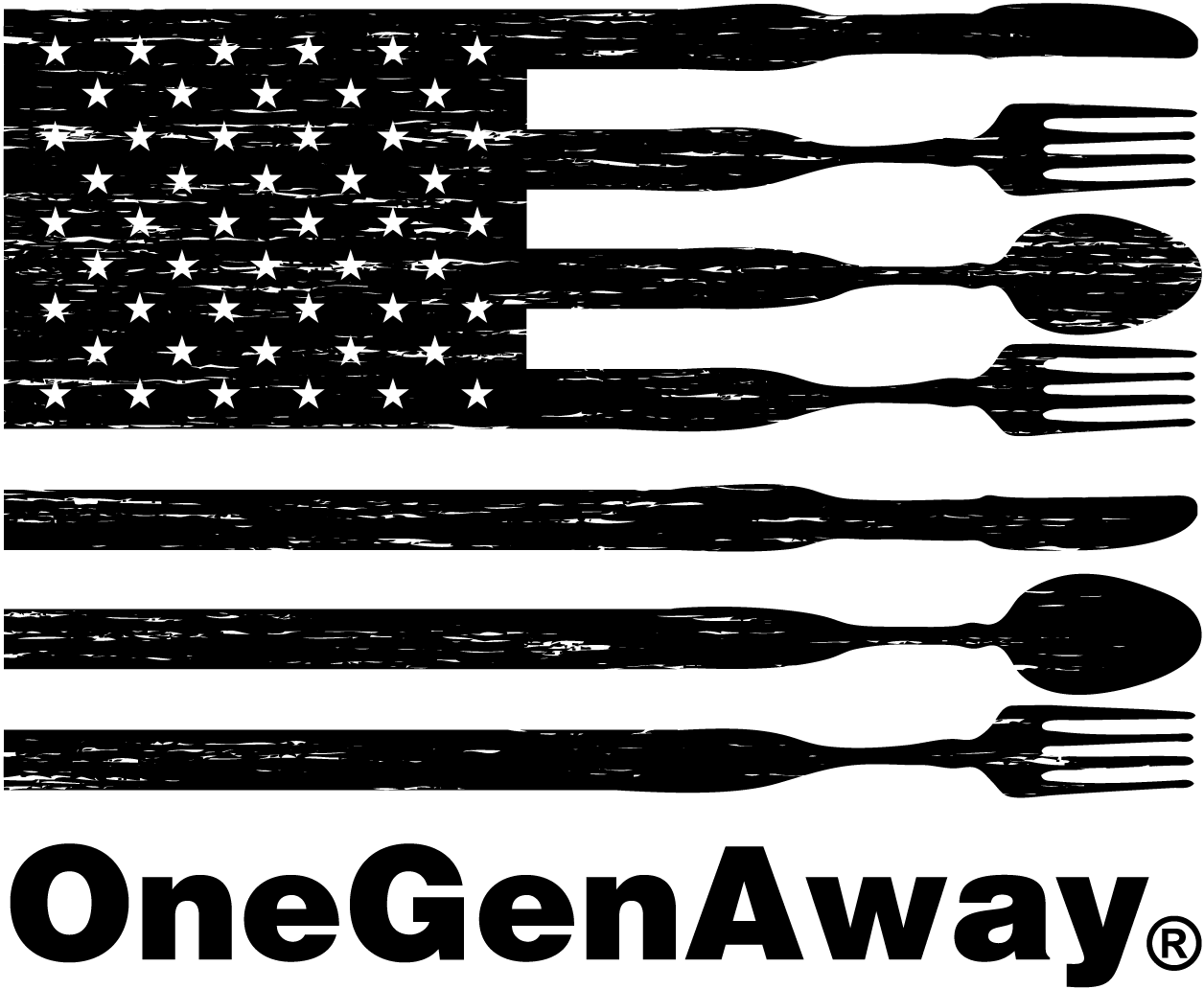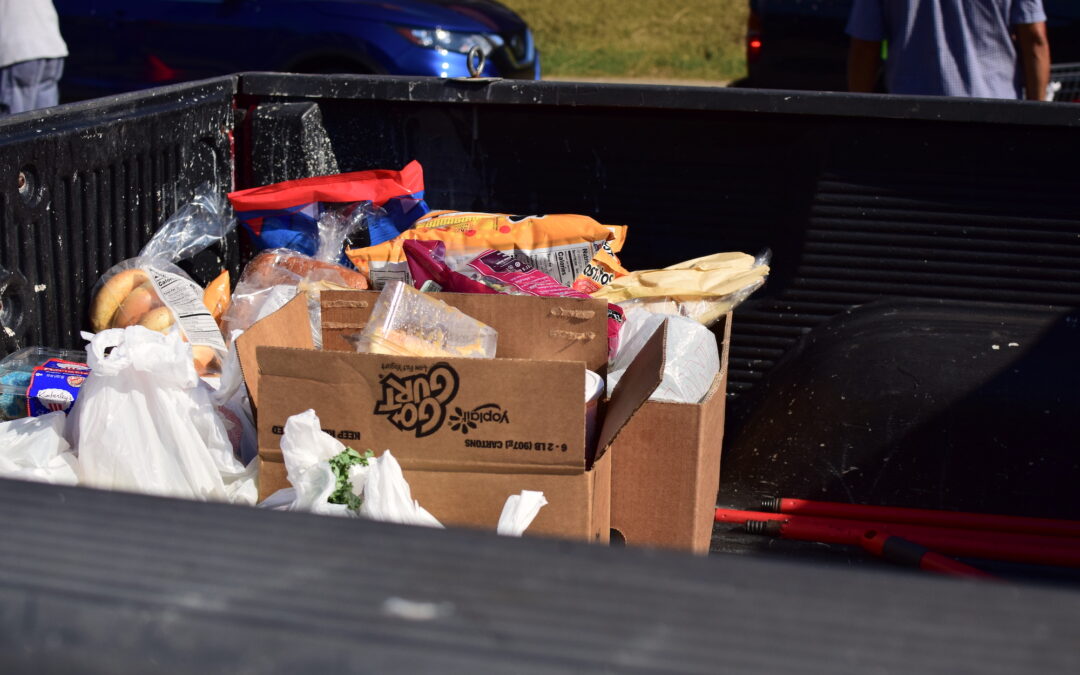A note to the reader: This article includes discussion about mental health.
Food insecurity takes a toll on the body, that’s for sure. But it also can take a toll on the mind.
At OneGenAway, we keep our focus on sharing food because that’s what we do best! But food is not the only need in our communities.
According to a study published by BMC Public Health, “food insecurity is associated with a 257% higher risk of anxiety and a 253% higher risk of depression.” We always strive to share hope, honor, and dignity with everyone we encounter, but in times of struggle and crisis, resources dedicated to supporting and improving mental health are vital to the wellbeing of our community.
This week — Suicide Prevention Awareness Week — we are highlighting organizations in our community that offer mental health services. We spoke with Christian Michael, an outreach specialist with Mental Health Cooperative, about the intersection of food insecurity and mental health. Read our conversation with Christian to learn more about how we can care for ourselves and others in times of stress.
How can food insecurity impact mental health?
When you think about how it feels to be insecure about a skill, a personality trait, a physical feature and apply that feeling to the availability of food, the term “food insecurity” takes on a new meaning, Christian said.
In Maslow’s Hierarchy of Needs, our typical definition of the word “insecurity” tends to apply to the top three categories of the pyramid: love and belonging needs, esteem needs, and self-actualization needs. But when you apply insecurity to the bottom two categories, physiological needs (including food and water) and safety needs, that insecurity can shake a person at a deeper level.
When those basic needs are threatened or unmet, a person can not only experience mental distress but also physical distress, which can further compound that mental distress.
“It’s survival mode at that point, and that can really break someone down,” Christian said. “All of that, I believe, is trauma.”
Speaking of survival mode, what can that look like?
Christian explained that survival mode is when a person is pushing through circumstances that have left their basic needs threatened or unmet. This may mean doing things that are extremely uncomfortable or doing things they otherwise would not need or want to do in order to get their basic needs met.
“You’re doing what you have to do to get food,” Christian said. “A lot of people don’t understand what [survival mode] is, or when they experience or encounter somebody who’s reacting in a survival way, it’s not the first thing they think about.”
He explained the importance of being gracious, kind, and loving towards individuals that behave in a way a person may not understand — a good principle for interacting with anyone, isn’t it?
“There’s layers to what led up to that moment,” Christian said. “I feel like that is kind of misunderstood. Everyone has a story.”
What are some factors that can lead to food insecurity?
At OneGenAway, we have heard about so many different stories and situations that have led to both situational and chronic food insecurity, but one of the common themes is physical and mental health. When a person’s physical and mental health are suffering, this can introduce new financial burdens, transportation burdens, employment struggles, and more.
“Anyone that has a steady job, steady income, a family, and a crisis happens — it could be a job loss, it could be a death in the family or a traumatic experience to you — and sometimes that just sends somebody spiraling,” Christian said. “There’s a breaking point, and then it’s like almost a domino effect, where that can cause a mental health crisis; it can cause food insecurity.”
Why are food assistance programs important?
Christian said, the longer a person is experiencing food insecurity, financial insecurity, mental health struggles, or any other type of barrier to meeting their basic needs, over time, additional barriers can pile up, making it more difficult to overcome those obstacles.
“Providing food gives that moment of relief where [a person experiencing food insecurity] has their independence back,” he explained.
In those moments, when a person doesn’t have to worry about where their next meal will come from, perhaps they can put the energy and resources they have towards another part of their life to allow for a step towards security.
If you or someone you know is experiencing a mental health crisis, call 988 for the Suicide & Crisis Lifeline.
Mental Health Cooperative is a Tennessee-based behavioral health organization with clinic locations in Nashville, Antioch, Clarksville, Cleveland, Columbia, Cookeville, Dickson, Gallatin, Manchester, Murfreesboro, and Chattanooga. MHC primarily focuses on serving low-income residents and those experiencing homelessness. For more information, visit www.mhc-tn.org, or call 615-726-3340.

